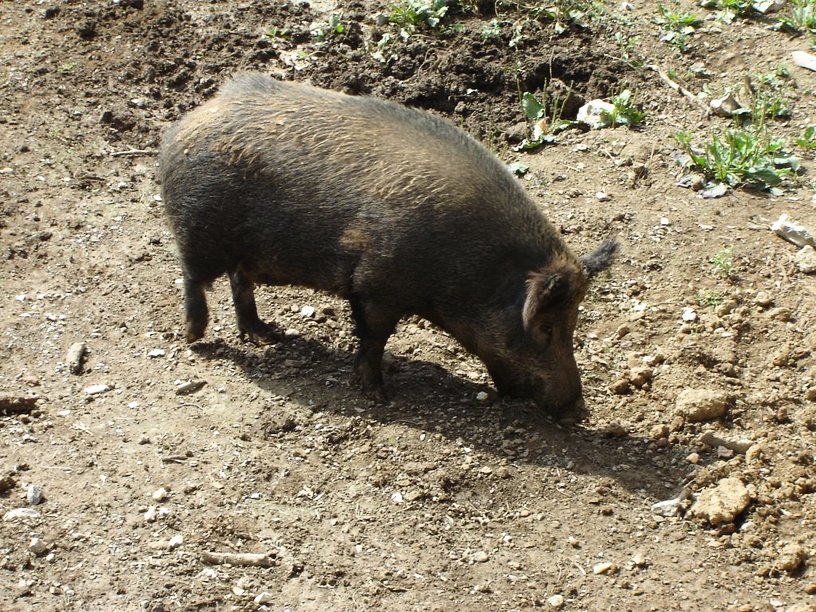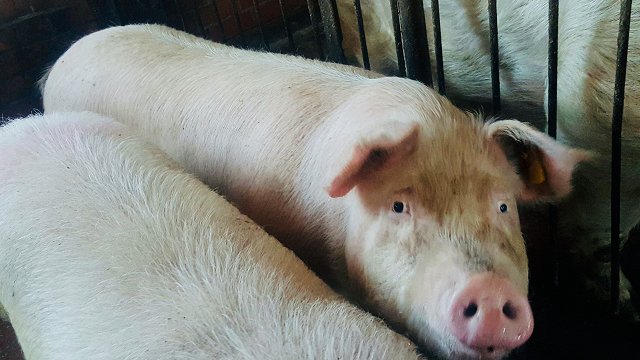A meeting of the cabinet agreed to ask the parliament or Saeima to declare the state of emergency at a special sitting on Thursday.
Despite the dramatic-sounding nature of the decision, it is chiefly aimed at releasing extra funds for small farmers in order to compensate them for any pigs slaughtered in efforts to halt the disease.
“It is very important that we do everything possible to protect ourselves and our pigs from this disease,” Prime Minister Laimdota Straujuma told journalists after the cabinet meeting.
Emergency measures are already in place within a 40-kilometre wide quarantine zone encompassing around 5,000 square kilometres in the south-east of the country where veterinary inspectors are testing animals and carrying out culls where necessary.
“It's necessary to declare a state of emergency so that we can protect the local residents by taking appropriate measures with their pigs,” Agriculture Minister Janis Duklavs told journalists during a break in the cabinet session.
Brandishing a map that showed a large chunk of southern Latgale within the exclusion zone, Duklavs warned that despite the stringent measures in place, a “100 per cent guarantee” could not be given that the disease had already been halted.
“It is impossible to guarantee that every door has been closed or that some piglet hasn't run off,” Duklavs said, claiming measures being taken were following to European Union guidelines and similar to those employed in previous outbreaks in Lithuania and Poland.
Failure to control the disease would have "unprecedented" consequences for the European Union, which has so far managed to prevent the disease becoming endemic, unlike Russia and Belarus, both of which have announced import bans on Latvian pork.
Duklavs added that the government would also need to look at the problem of unregistered pigs on small farms, saying: “These unregistered pigs do not have proper analysis and checks on their condition, so in the longer term we need to address this.”
The disease was first detected on June 26 when three wild boar were found dead by border guards near the Belarus border.
The State Food and Veterinary Service said Tuesday that no further cases had been discovered in domestic pigs but that one further case of a wild boar with the disease had been detected.
African swine fever is harmless to humans but lethal to pigs and has no known cure, posing a grave threat to commercial pig farms, though the area so far affected contains only small-scale farms.


























